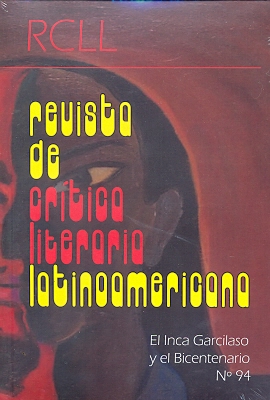Cine y memoria del Conflicto Armado Interno en Perú (1980-2000): el cine testimonial de Palito Ortega Matute
Palabras clave:
Palito Ortega Matute, El rincón de los inocentes, cine peruano, cine y memoria, cine testimonialResumen
El así llamado Conflicto Armado Interno (1980-2000) ha sido uno de los periodos más violentos de la historia peruana contemporánea, marcado por la violencia extrema del PCP-Sendero Luminoso y por las violaciones de los Derechos Humanos en la respuesta represiva del Estado. A pesar del inmenso trabajo de la Comisión de la Verdad y Reconciliación para reconstruir la historia del conflicto, siguen vigentes en Perú las batallas por la memoria que enfrentan la así llamada “memoria de salvación” (que no reconoce los crímenes del Estado) y las memorias centradas en la perspectiva de las víctimas, batallas en las que juega un papel importante la producción artística y cultural. La obra cinematográfica del cineasta ayacuchano Palito Ortega Matute (1967-2018) es uno de los ejemplos más claros de cine testimonial sobre el periodo del Conflicto Armado Interno en Perú (1980-2000). Especialmente el filme El rincón de los inocentes (realizado en 2005 y estrenado en 2013) destaca como una de las obras más intensas sobre las desapariciones en Ayacucho. Por su capacidad de reivindicar la resistencia de los familiares de las víctimas y enfocar sus exigencias y su punto de vista, el filme puede considerarse uno de los más decisivos aportes, desde el campo de la cultura, a la lucha por la justicia y la atención a las víctimas con enfoque humanitario.





